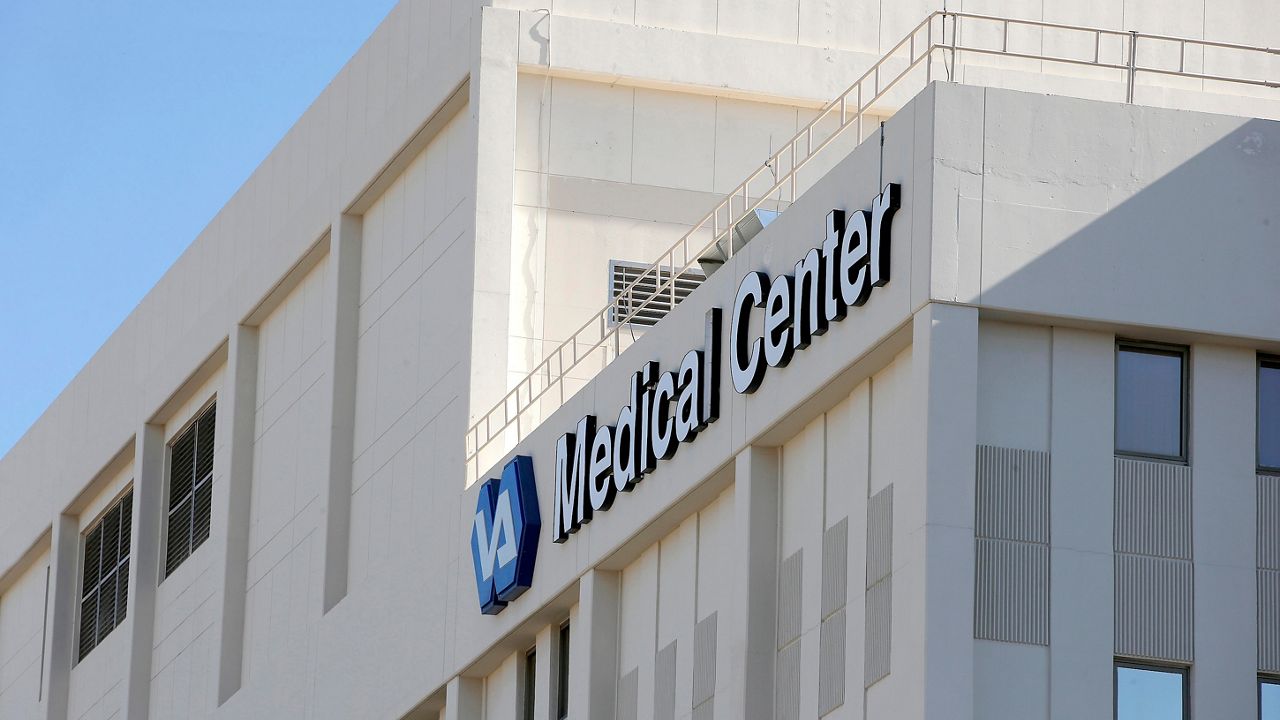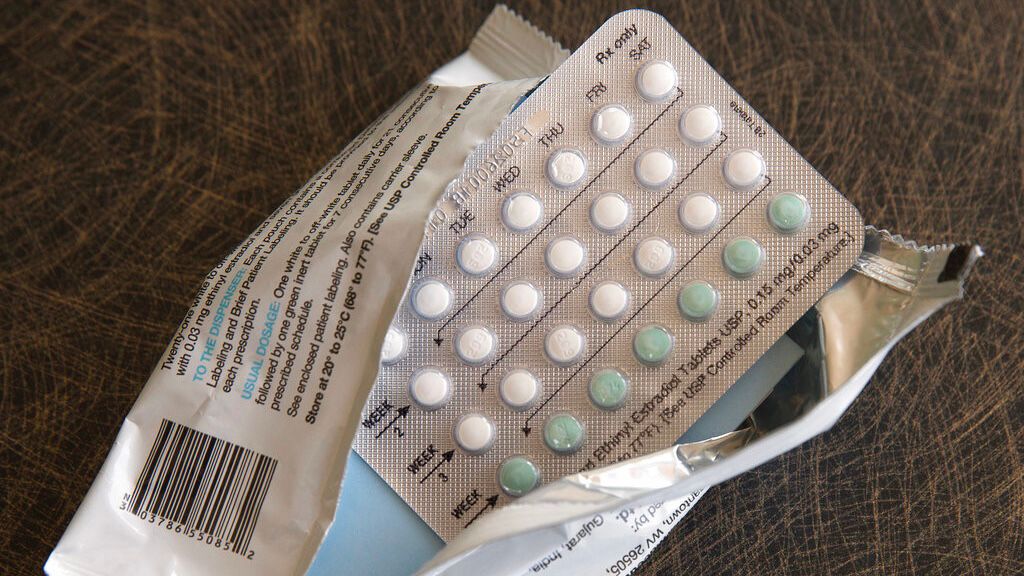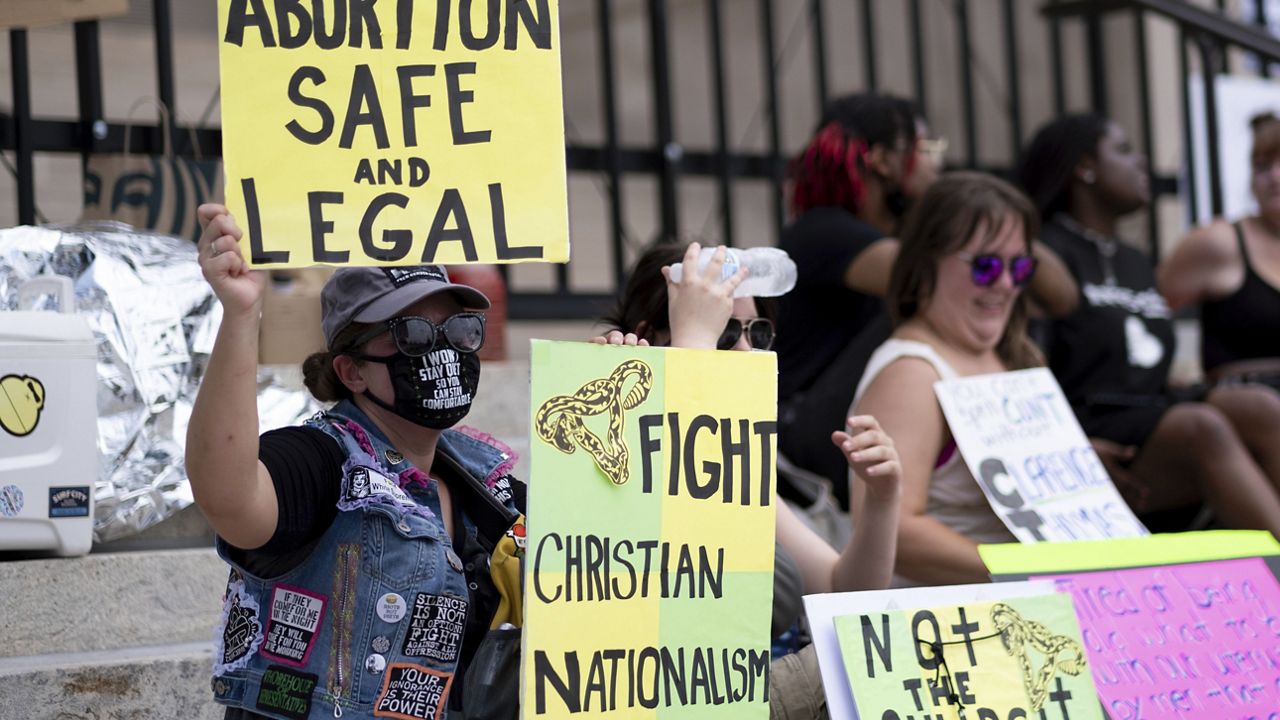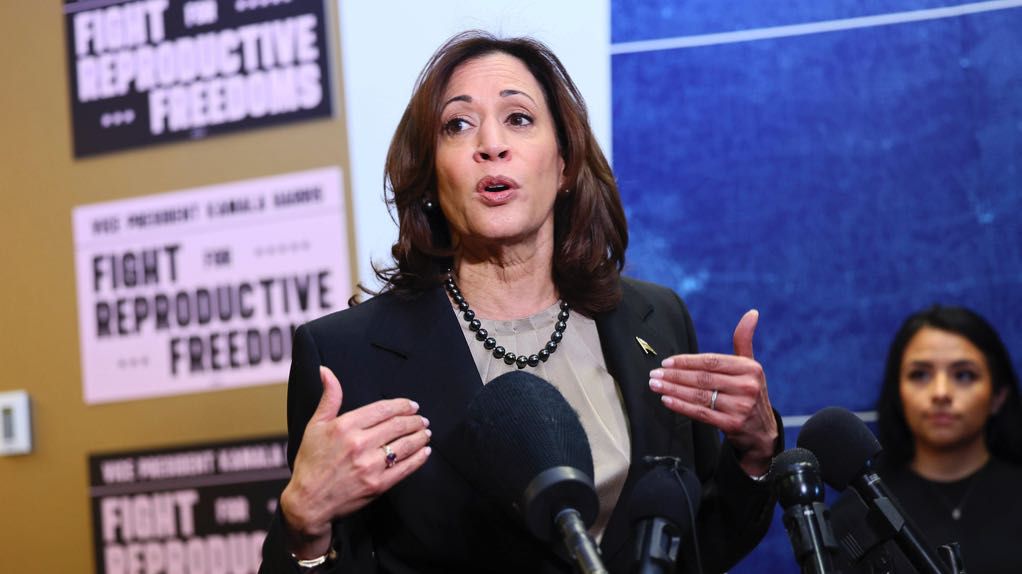The Department of Veterans Affairs on Friday announced that it submitted a rule that will allow the agency to provide abortion services to veterans and VA beneficiaries – even in states where the procedure is banned – a change that Congressional Democrats and abortion rights advocates have been demanding since Roe v. Wade was overturned in June.
The agency will specifically offer abortions in cases of rape or incest, or when the life of the mother is at risk.
“This is a patient safety decision,” Veterans Affairs Secretary Denis McDonough said in a statement. “Pregnant Veterans and VA beneficiaries deserve to have access to world-class reproductive care when they need it most. That’s what our nation owes them, and that’s what we at VA will deliver.”
The agency said that it is "taking steps to guarantee Veterans and other VA beneficiaries abortion-related care anywhere in the country," regardless of state restrictions, and the same goes for VA employees who are providing abortion care while "working within the scope of their federal employment."
In a statement, the agency said that "access to medically necessary abortions is essential for preserving the life and health of Veterans and VA beneficiaries," citing adverse health risks like death and future fertility issues if access to abortion care is restricted, and that veterans are at "greater risk of experiencing pregnancy-related complications" due to increased rates of chronic health conditions.
"Therefore, to protect the life and health of pregnant Veterans and eligible beneficiaries, VA determined that it was necessary to provide access to abortion counseling and — in some cases — abortions," the agency said.
What constitutes a life-threatening condition will be determined on a case-by-case basis between veterans and beneficiaries and their VA health professionals, while self-reporting rape or incest "will constitute sufficient evidence," the agency said.
The new policy will go into effect once the rule has been finalized. It will likely face court challenges.
Roughly a dozen states, including Texas, Kentucky and Oklahoma have laws in place that have banned abortion entirely since Roe was overturned in June, with states like Florida, Ohio and Georgia now having near-total bans on abortion services. Several of those states have major VA medical centers as well.
More than two-dozen Senate Democrats – including Hawaii Sen. Mazie Hirono, New York Sen. Kirsten Gillibrand, Massachusetts Sens. Elizabeth Warren and Ed Markey, and California Sens. Alex Padilla and Dianne Feinstein – sent a letter to Secretary McDonough in July urging him "to allow veterans and eligible dependents to receive abortions and all abortion-related services."
"In FY 2020, approximately 550,000 women veterans used VA health care, and over 400,000 dependents and survivors accessed care through the [Civilian Health and Medical Program of the Department of Veteran's Affairs] program," they wrote. "The VA must do everything in its power to provide critical reproductive care to veterans and their dependents across the country."








